
Study identifies possible connection to autism development
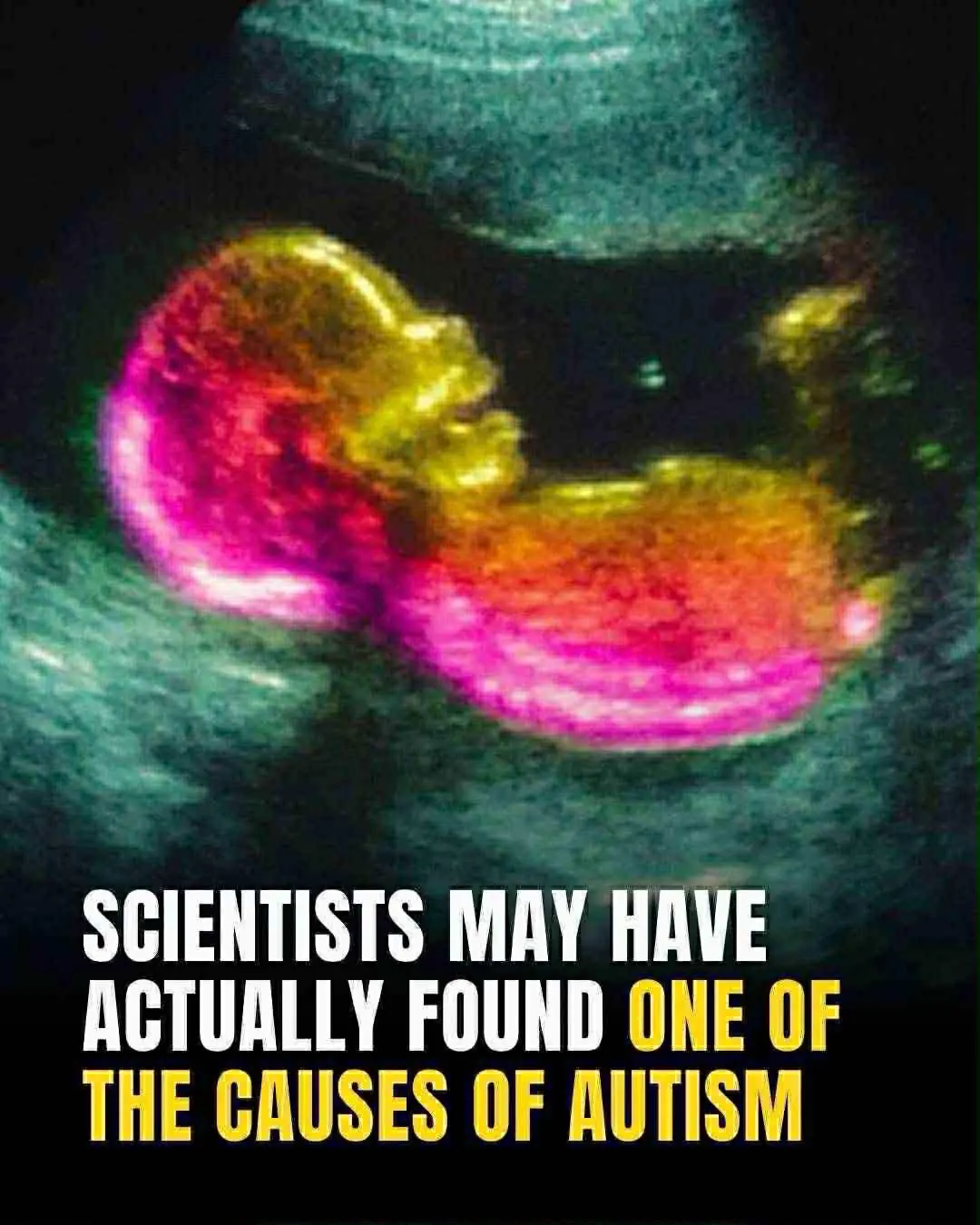
Autism spectrum disorder (ASD) is a complex neurodevelopmental condition that affects millions of children and adults worldwide. The causes of autism have been the subject of extensive research for decades, but despite this, the full etiology remains largely unknown. Autism is characterized by challenges in social interaction, communication difficulties, and repetitive behaviors. The disorder varies widely in severity, making it difficult to pinpoint one single cause. However, a recent study may have uncovered one of the root causes, offering hope for better understanding and potentially more effective interventions.
In this article, we will explore the latest breakthrough research on the possible cause of autism, discuss the implications of this discovery, and consider the future of autism research.
The Mystery of Autism: A Complex Puzzle
Autism has long been a topic of intrigue for scientists, medical professionals, and families alike. While genetic factors have been suspected as contributors to ASD, the exact mechanism by which genes cause the condition has remained elusive. Additionally, environmental factors, such as prenatal exposures, toxins, or infections, have been explored but have yet to provide definitive answers. This complexity arises because autism is not a single disease but rather a spectrum of conditions with varying degrees of severity.
For years, scientists have suggested that autism might result from a combination of genetic predispositions and environmental triggers. However, understanding the specific triggers and their interactions remains one of the most significant challenges in the field of neuroscience.
The Latest Breakthrough: A Potential Cause Linked to the Brain's Development
A recent study has brought some much-needed clarity to this mystery. Researchers have found that one of the causes of autism could be traced back to a critical developmental phase in the brain. According to this groundbreaking research, certain genetic factors may be altering the development of the brain's neural connections early in pregnancy. These alterations might disrupt the normal processes of brain formation, which in turn could lead to the onset of autism symptoms later in life.
Key Findings of the Study:
-
Genetic Mutations and Their Impact on Brain Structure
The study identified specific genetic mutations that might influence the brain's structural development during the early stages of pregnancy. These mutations appear to affect the way neurons are formed and how they communicate with each other. This disruption in neural communication could lead to the developmental differences seen in individuals with autism. -
Brain Growth and Early Prenatal Development
Another significant aspect of the study is the focus on early brain development. Researchers have found that the first trimester of pregnancy plays a crucial role in the development of areas of the brain responsible for social interaction and communication. When this development is disrupted by certain genetic factors, the child may later show signs of autism. -
Role of Protein Production
One of the most striking aspects of the study is its discovery that certain proteins involved in neural development are not produced correctly in embryos with autism risk factors. These proteins are essential for the formation and function of the brain’s communication networks. A lack of these proteins could hinder the brain’s ability to develop normally, resulting in autism-related symptoms later in life.
What Does This Mean for Autism Research?
This discovery has significant implications for the future of autism research and treatment. By identifying one of the potential causes of autism, scientists may be able to develop new diagnostic tools and therapies aimed at targeting these early developmental disruptions.
1. Early Diagnosis and Intervention
With this new insight into the brain's early development, researchers may be able to develop early diagnostic methods to identify autism risk factors in the womb. Early diagnosis could open the door to interventions that might prevent or mitigate the development of autism-related symptoms. This would be a significant step forward in the management of ASD, as early intervention has long been shown to be beneficial in improving outcomes for children with autism.
2. Targeted Therapies and Treatment
Understanding the genetic and developmental basis of autism could lead to more targeted therapies that address the root causes of the disorder, rather than just treating the symptoms. These therapies might focus on correcting the developmental issues in the brain that contribute to autism, providing a more effective approach to managing the condition.
3. A Better Understanding of Autism’s Complexity
This breakthrough research is an important piece of the puzzle, offering a more comprehensive understanding of autism’s complex nature. By identifying one of the genetic causes, researchers can better understand how multiple factors - genetic, environmental, and developmental - work together to influence the onset of autism.
The Future of Autism Research
While this discovery is groundbreaking, it is only one piece of the puzzle. Autism is a multifaceted condition, and many questions remain unanswered. The causes of autism are likely to vary from person to person, and additional research will be necessary to uncover the full range of genetic and environmental factors involved.
However, this research provides new hope for families and individuals affected by autism. By shedding light on the developmental stages that contribute to autism, this study opens new doors for more precise treatments, early diagnosis, and better outcomes for individuals on the autism spectrum.
How Can You Support Autism Research and Advocacy?
As we continue to learn more about autism, it’s important to support ongoing research efforts and advocate for greater understanding and acceptance of individuals on the autism spectrum. Here are some ways you can help:
-
Donate to Autism Research: Many organizations, such as the Autism Science Foundation or the Autism Speaks Foundation, fund research efforts aimed at better understanding the causes of autism and developing new treatments.
-
Raise Awareness: Educating others about autism and the challenges faced by individuals with ASD can help foster a more inclusive and supportive society.
-
Support Families Affected by Autism: Offering support to families navigating the challenges of autism can make a significant difference in their lives.
Conclusion: A Step Forward in Understanding Autism
The discovery of a potential cause of autism linked to early brain development is an exciting and important step in the field of autism research. It not only provides hope for more targeted treatments and earlier diagnoses but also helps expand our understanding of the complexity of autism.
As researchers continue to investigate the genetic, environmental, and developmental factors contributing to autism, this new study brings us one step closer to finding solutions. While autism is a lifelong condition, advancements like this bring new possibilities for better outcomes and a brighter future for those affected by the disorder.
In the meantime, it’s crucial for everyone to support the efforts to understand autism better, so that one day, we may be able to fully address the challenges it presents, making the world a more inclusive and supportive place for those on the autism spectrum.
News in the same category


Cold Weather, Frequent Nighttime Urination in Men, and Its Potential Health Consequences

The familiar seeds in the kitchen turn out to be a precious medicine with 9 wonderful uses

5 evening habits for a healthy liver and clean intestines
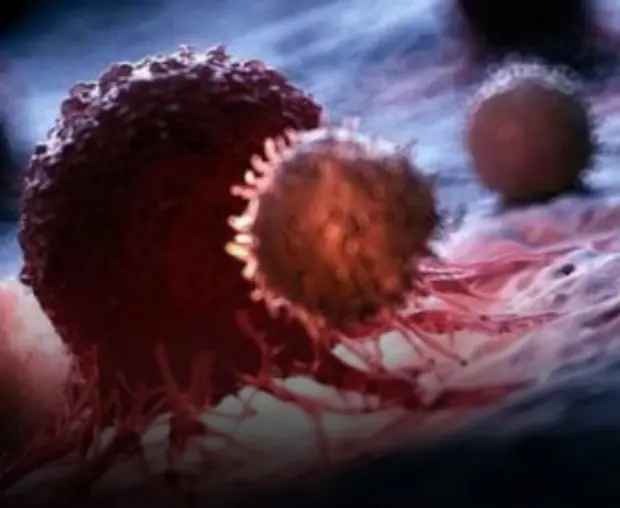
These 3 symptoms often appear in the morning - everyone should pay attention

5 types of fruit that make ca.n.cer "fearful" turn out to be full in the corner of the countryside garden, the world praises them but some are ignored

This tuber is considered "winter ginseng": Eating it correctly will double the benefits, eating it incorrectly will only bring harm to the body

5 food groups that shorten life expectancy and silently feed cancer cells are favorite dishes of many people.

5 reasons you should not eat tilapia
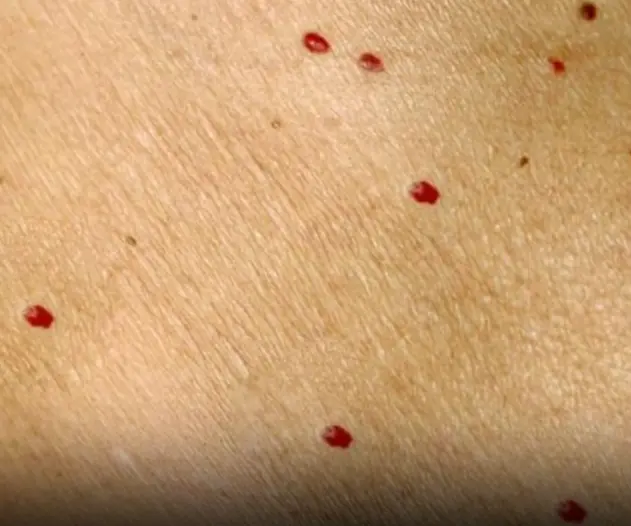
Red dots on your skin: Causes and what they could mean
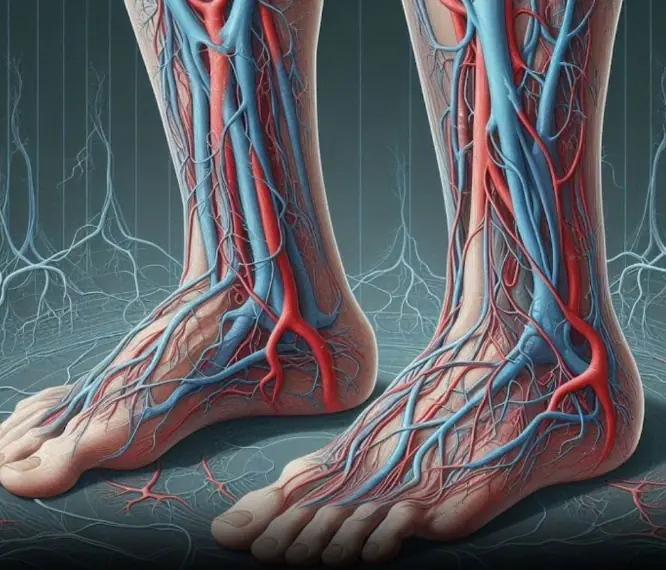
Top 10 foods that improve blo.od circulation in legs

War:ning: Frequent recurring posterior migraines may be a sign of a medical condition

Bladder C.a.ncer: 5 Subtle Early Symptoms to Watch Out For

Doctor Shakes Head: 4 Popular Foods Were the Culprits

Keep your liver healthy: 4 vegetables and 2 fruits you should eat daily

5 Silent Habits That Put Your Kidney Health at R.i.s.k

Experts Sound Alarm: 18-Year-Old Paralyzed From Late-Night Screen Use, Don’t Let It Happen to You
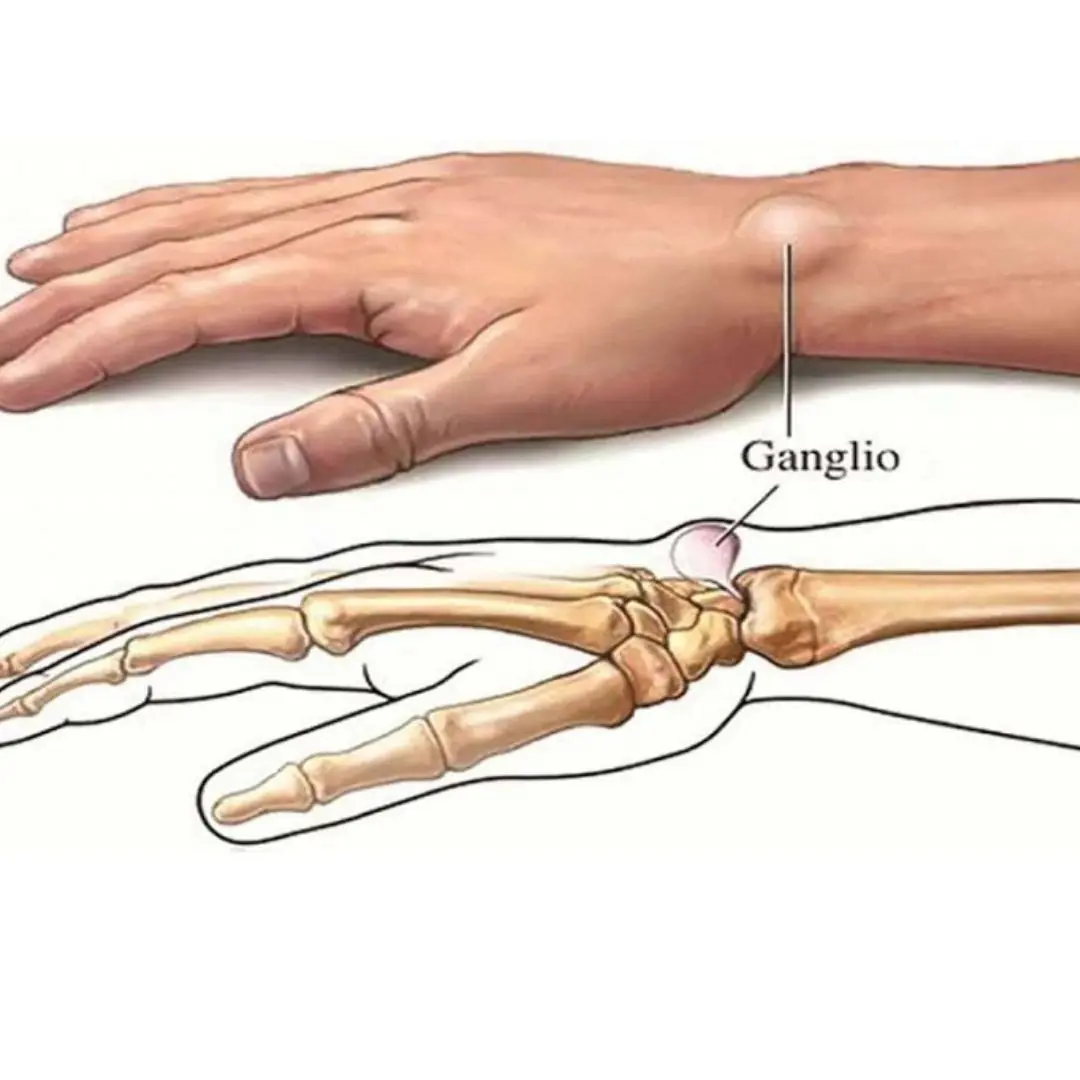
Bone Cancer: 5 Red-Flag Symptoms Doctors Warn About

Ch.ronic constipation - A silent thr.eat to your digestive health
News Post

You should immediately give up the habit of eating this fruit and then scraping off the seeds because it has amazing benefits that few people expect.

Ring Finger Length Reveals Interesting Personality Traits

The hidden risks behind two-way mirrors: What you should know

Cold Weather, Frequent Nighttime Urination in Men, and Its Potential Health Consequences

The familiar seeds in the kitchen turn out to be a precious medicine with 9 wonderful uses

5 evening habits for a healthy liver and clean intestines

Doctor’s Reminder: Stop Drinking These 5 Beverages Immediately

4 Household Items That Are “Dirt Magnets,” Used Daily, Some Even Dirtier Than a Toilet

Eating Fish Regularly Can Be Harmful for 5 Groups of People

6 Foods That Are “Li.ver Destroyers” People Still Eat Every Day

5 Types of Beef You Should Never Eat Even If Given for Free

These 3 symptoms often appear in the morning - everyone should pay attention

5 types of fruit that make ca.n.cer "fearful" turn out to be full in the corner of the countryside garden, the world praises them but some are ignored

This tuber is considered "winter ginseng": Eating it correctly will double the benefits, eating it incorrectly will only bring harm to the body

5 food groups that shorten life expectancy and silently feed cancer cells are favorite dishes of many people.

5 reasons you should not eat tilapia

Does a scratched non-stick coating on a rice cooker cause can.cer? Expert answers

Red dots on your skin: Causes and what they could mean

Top 10 foods that improve blo.od circulation in legs
